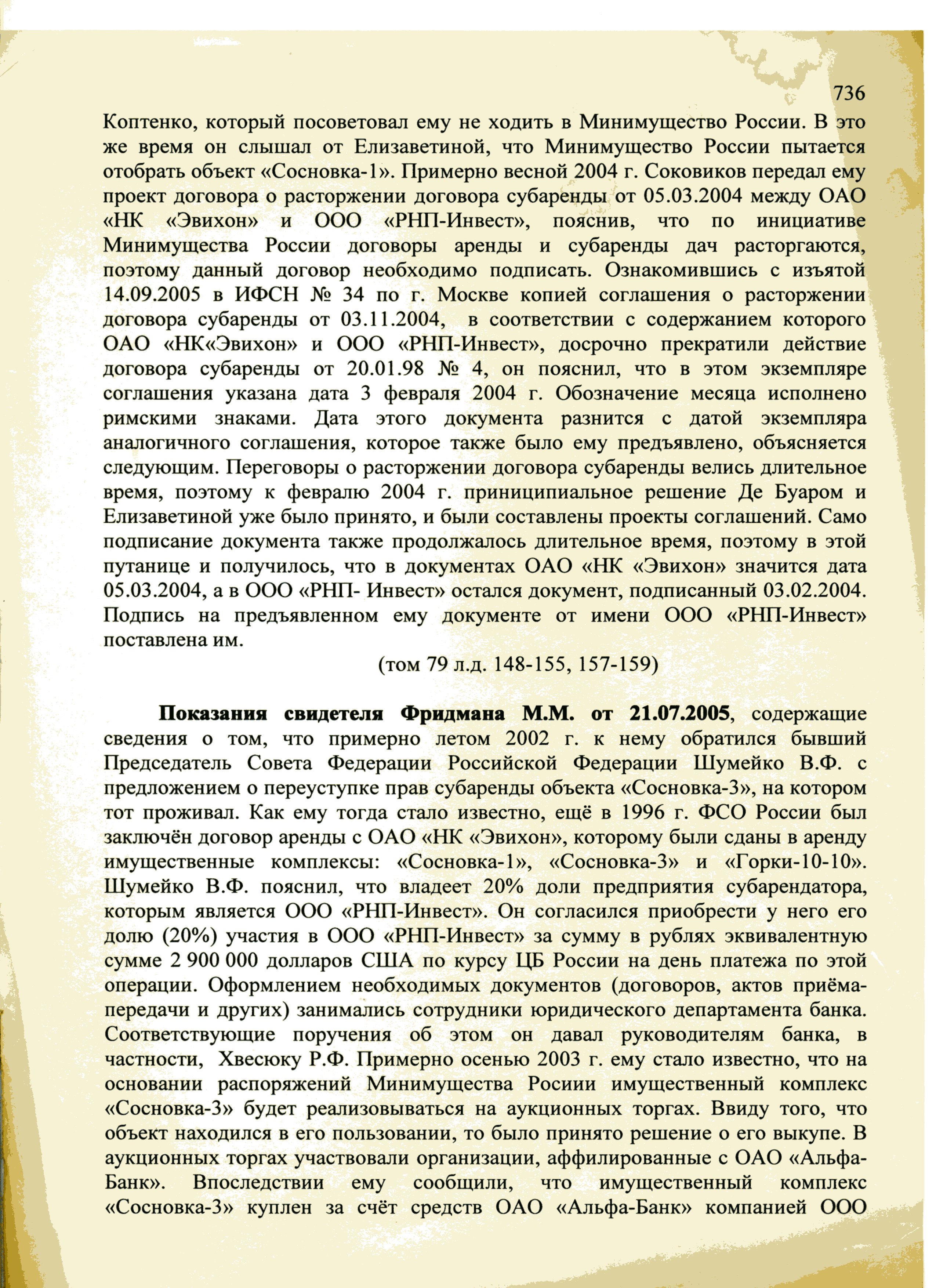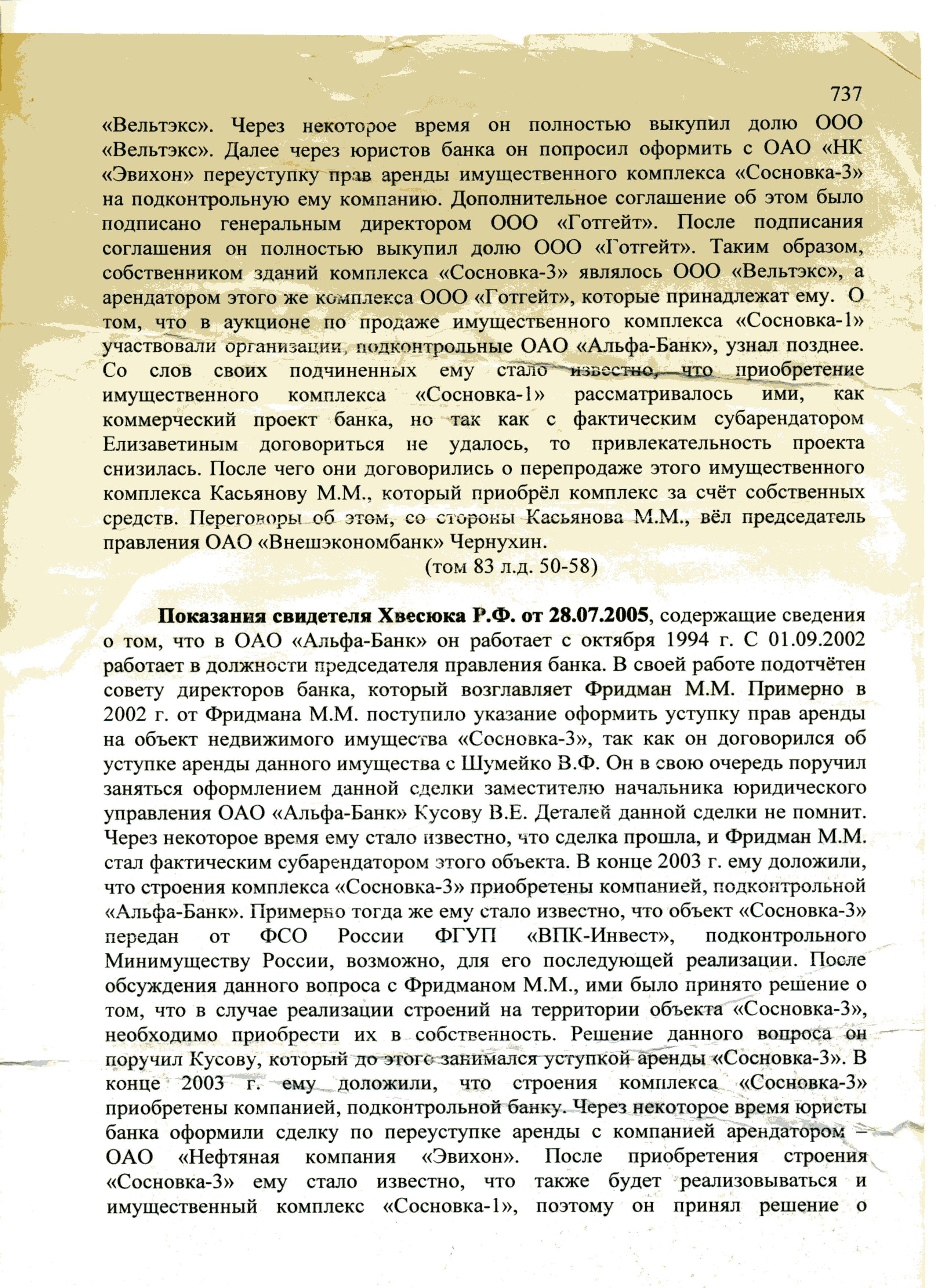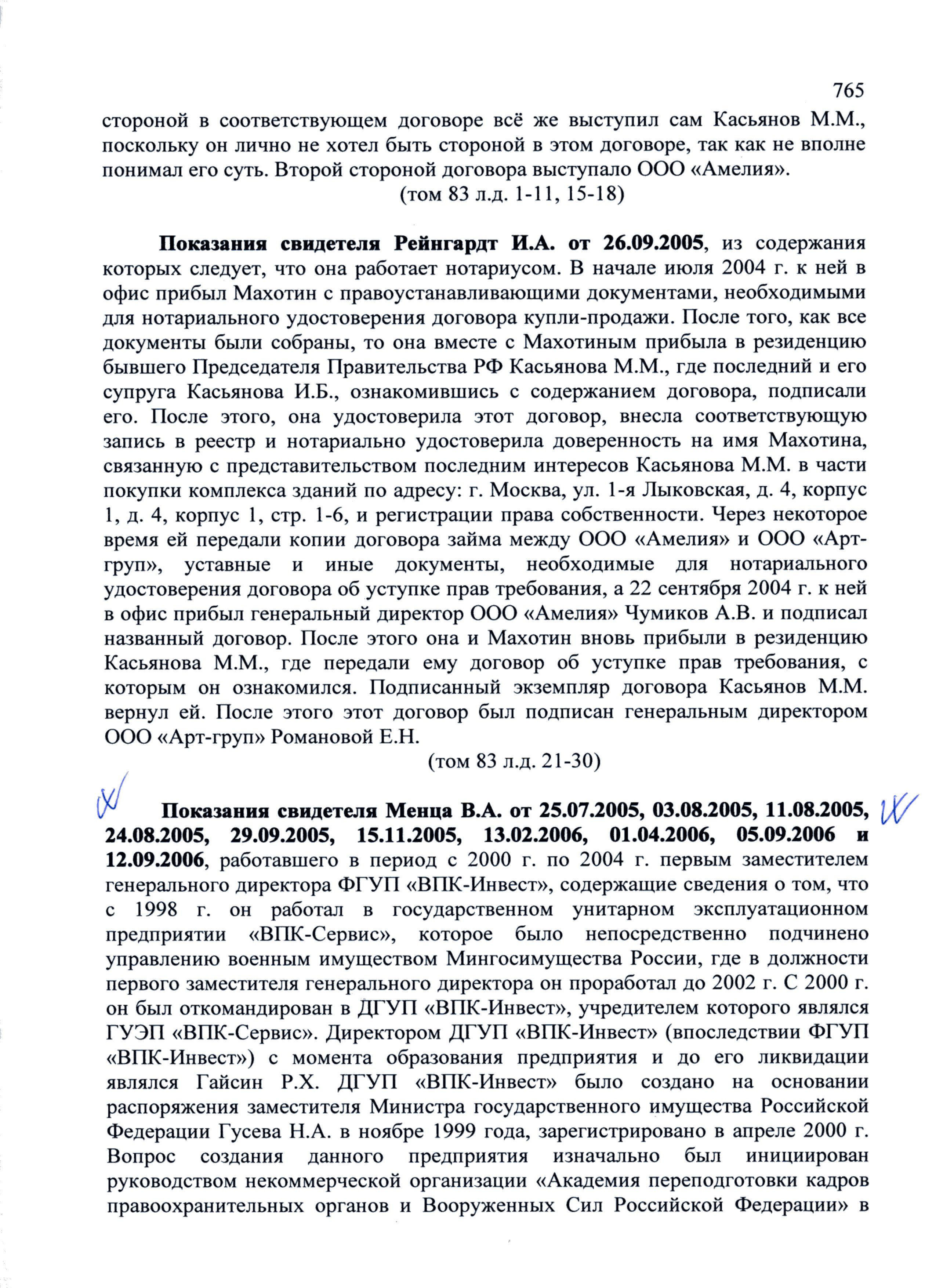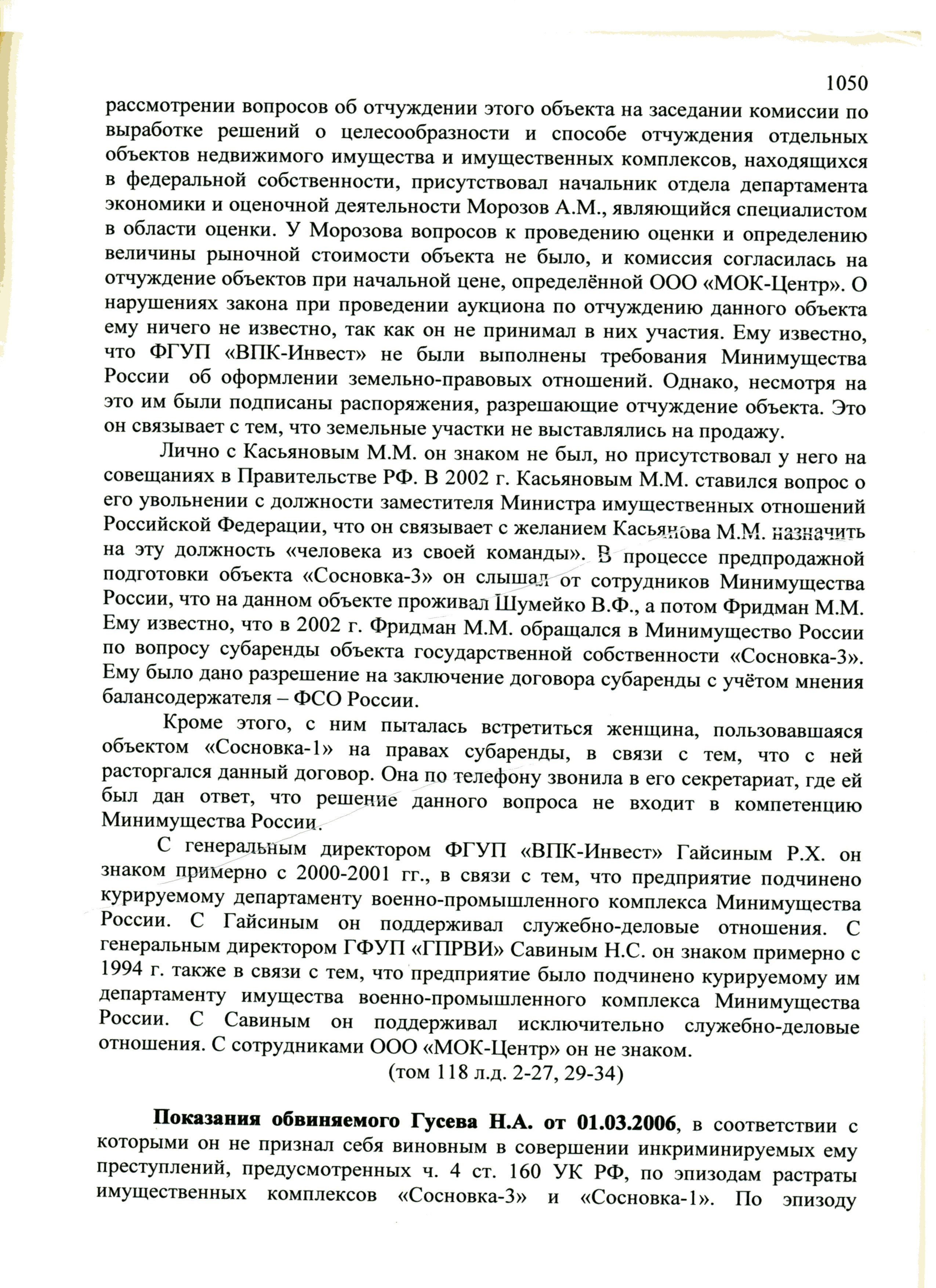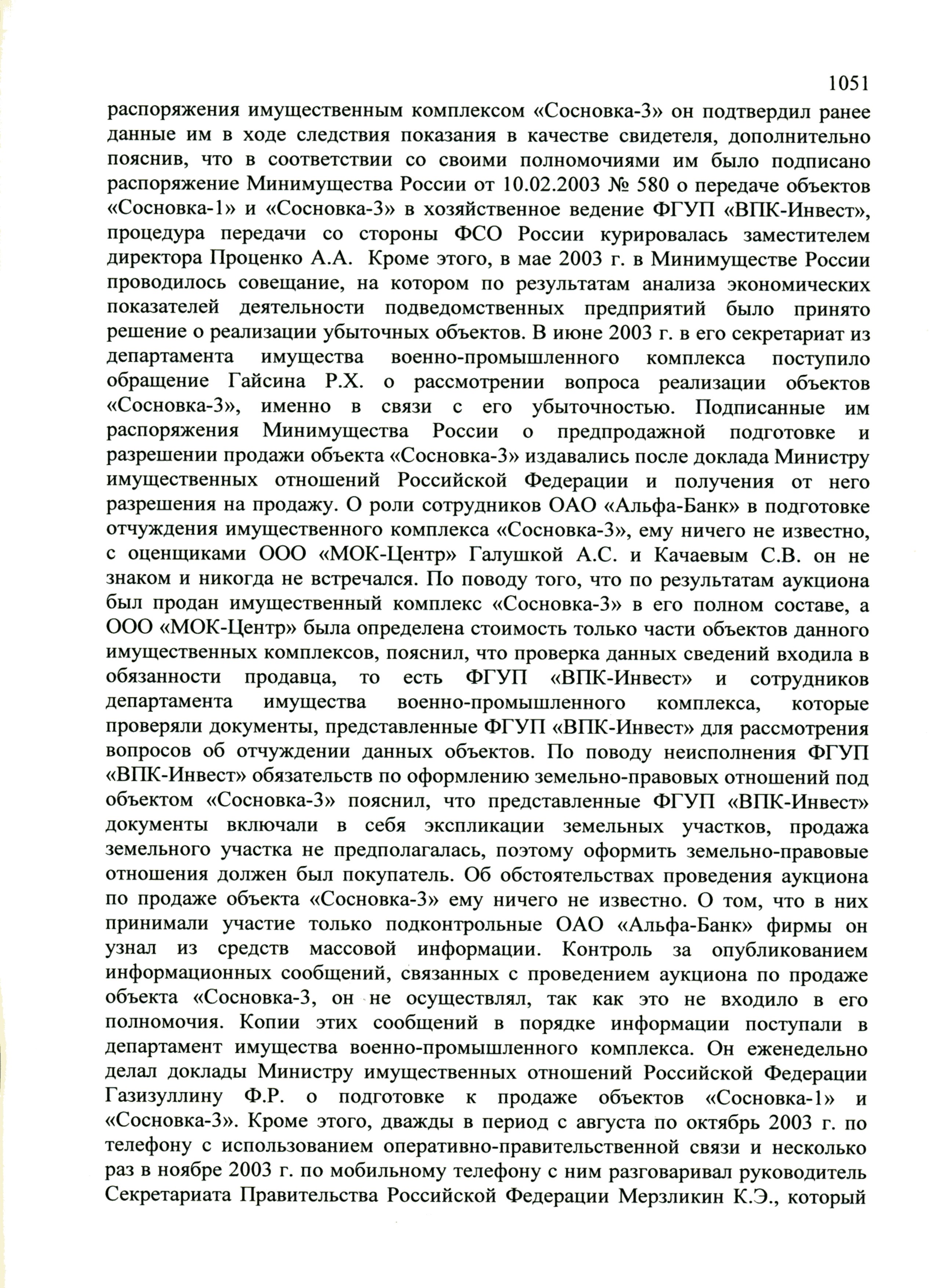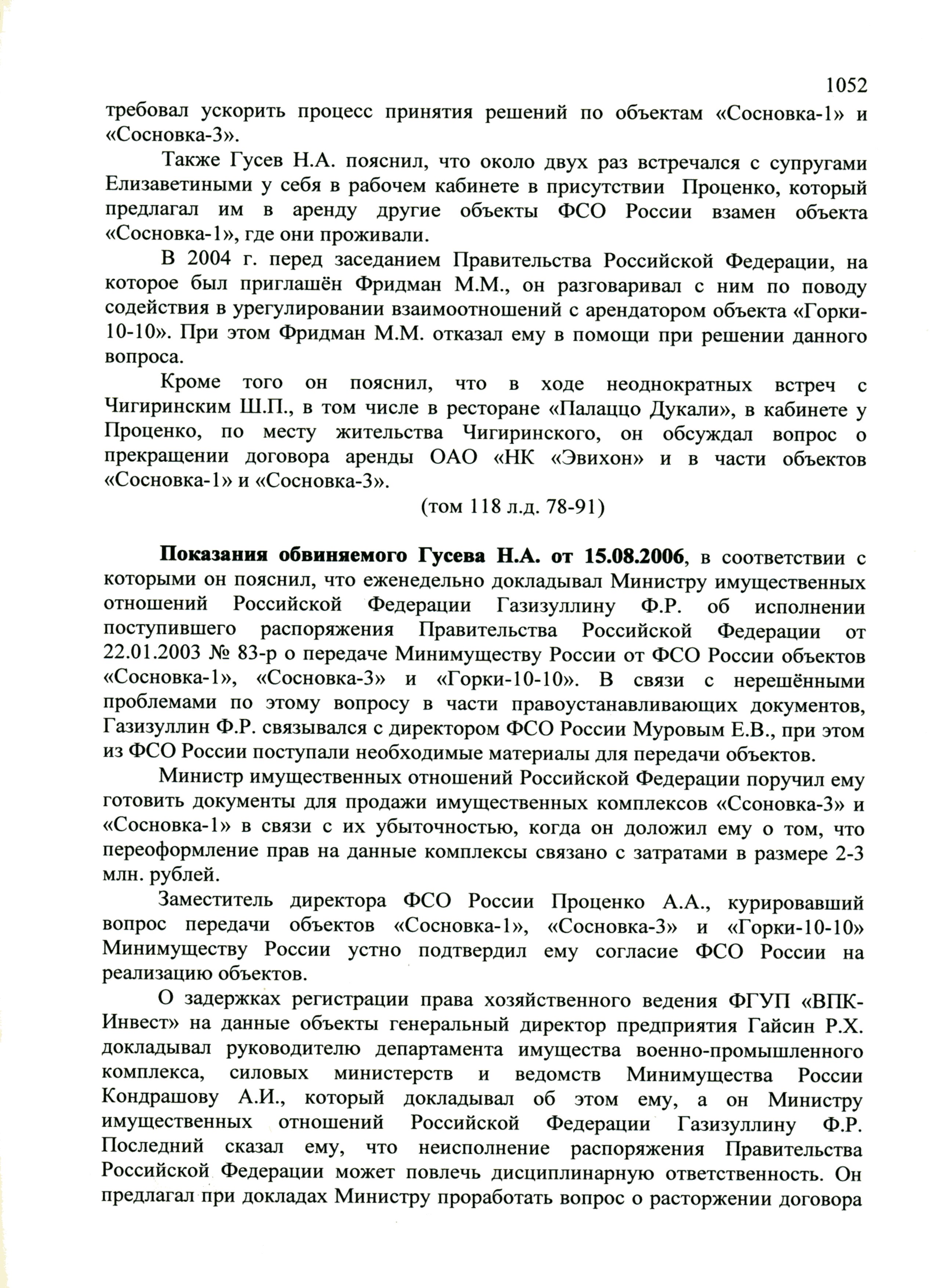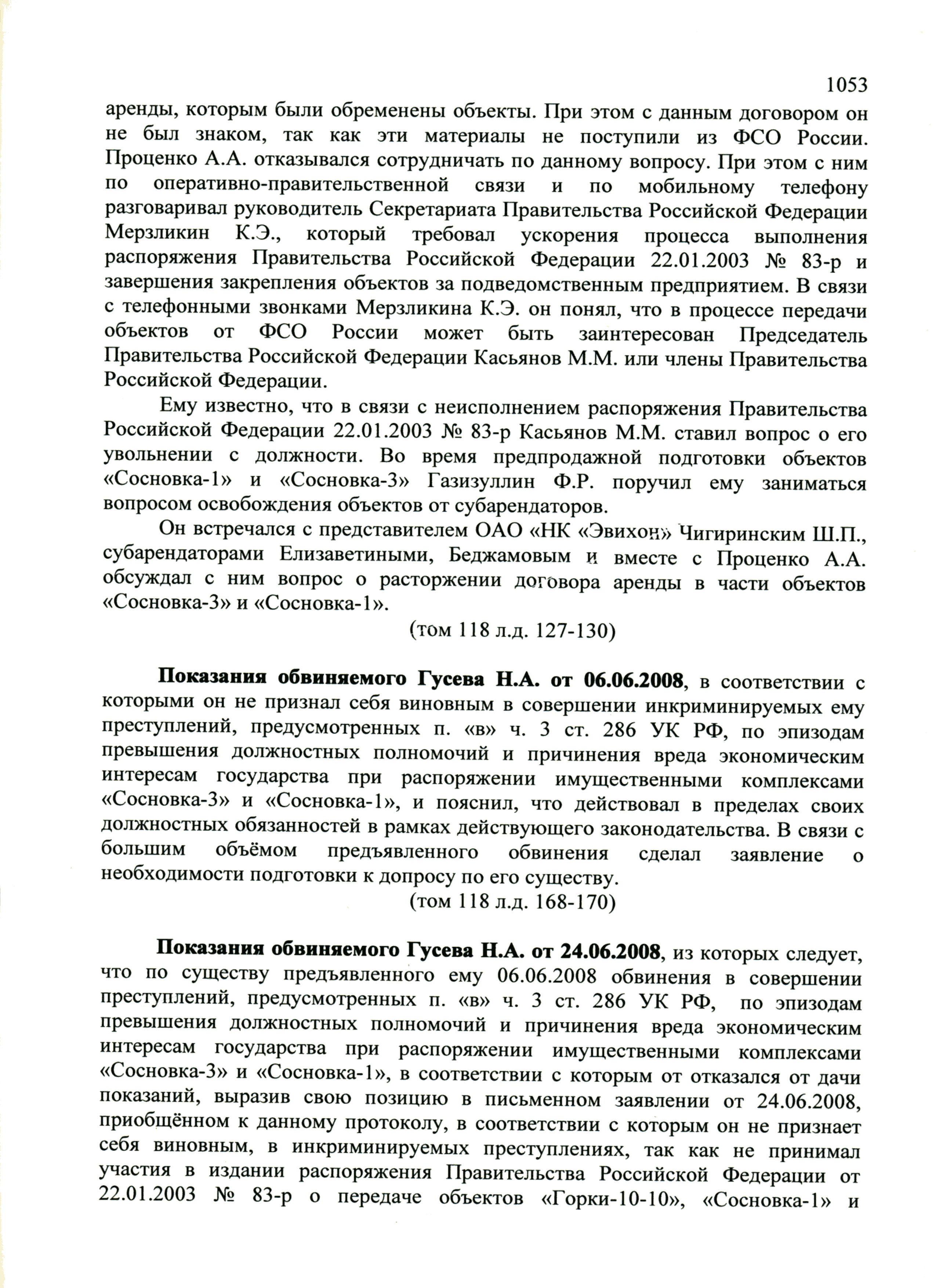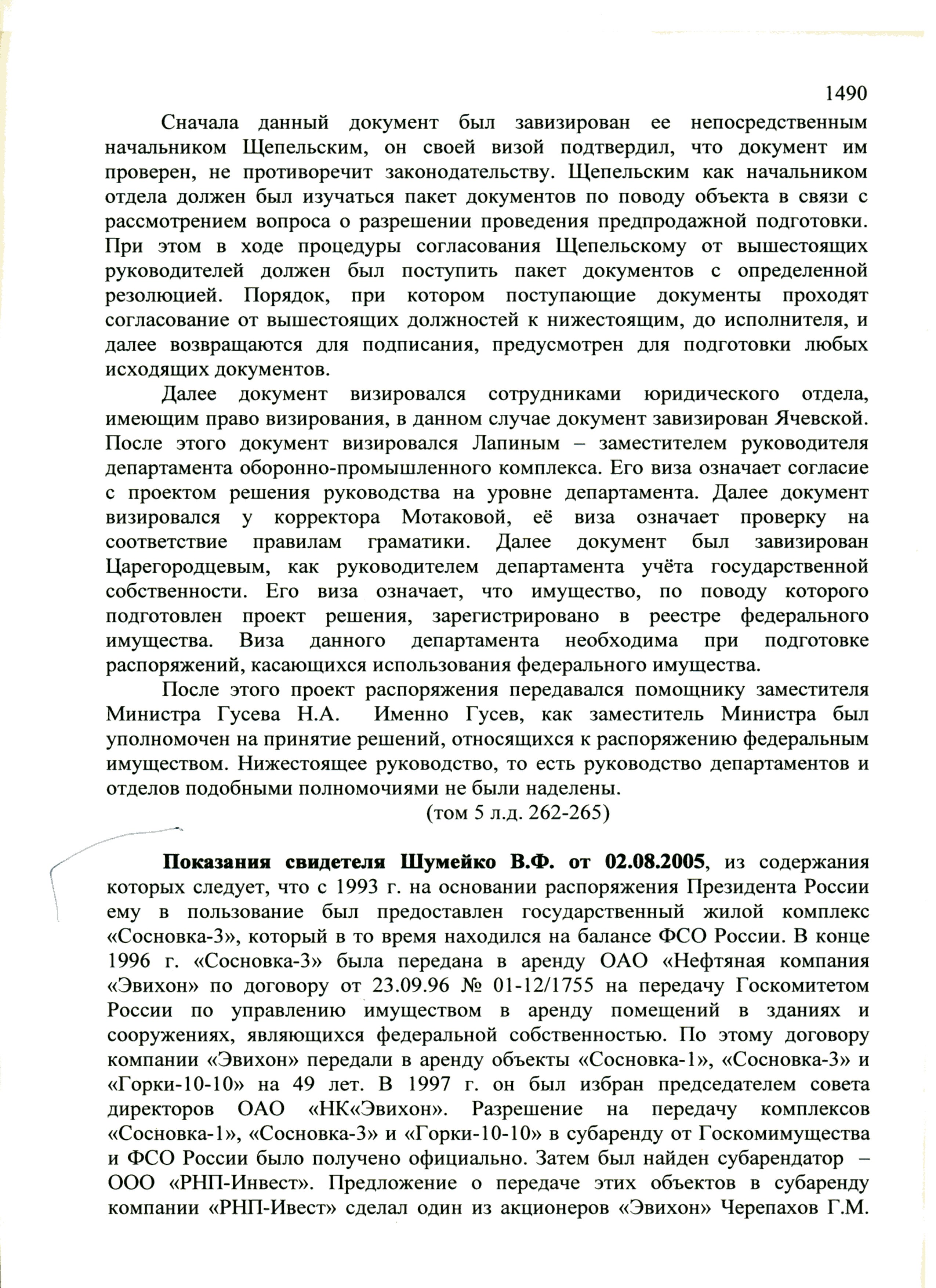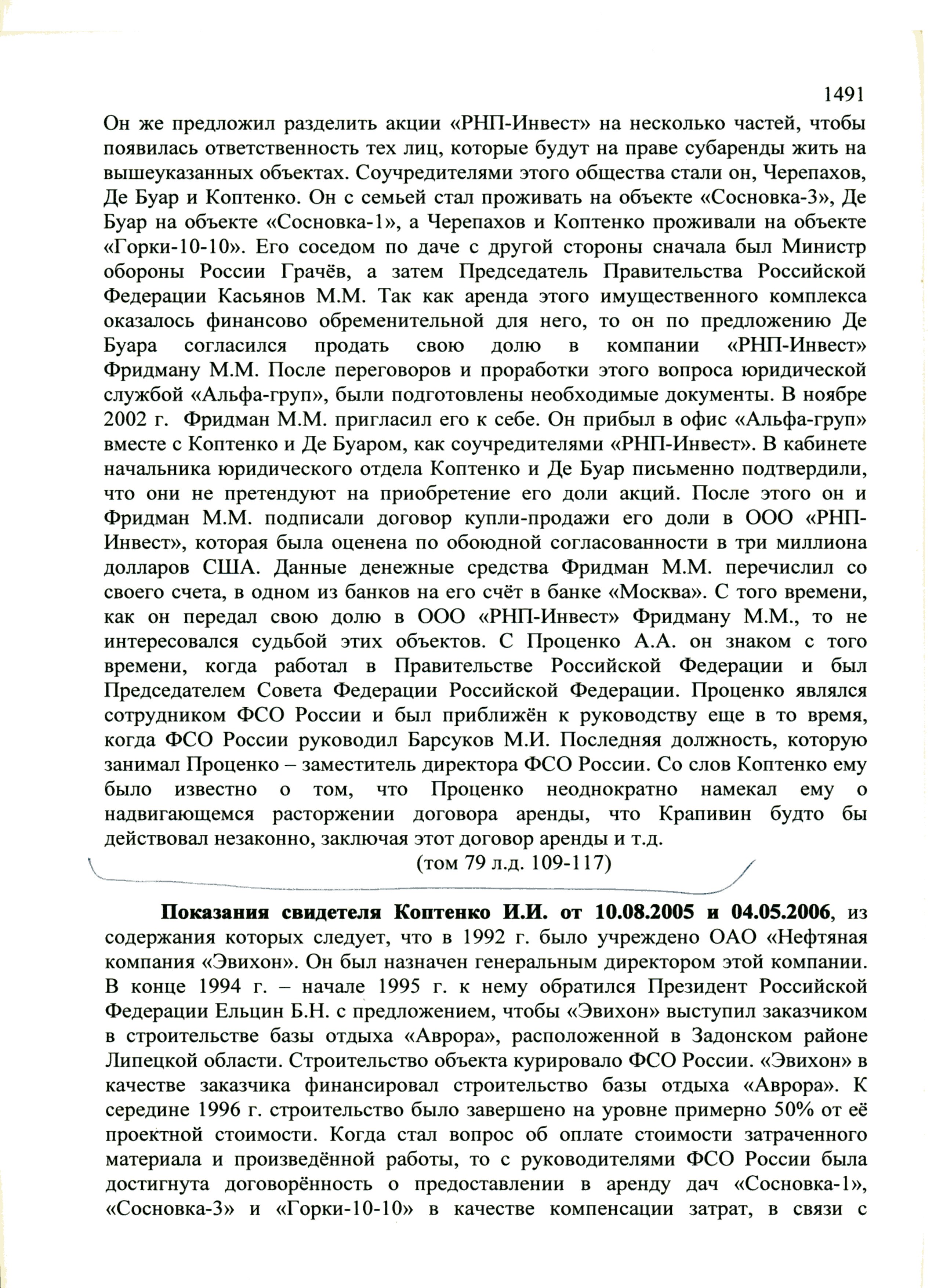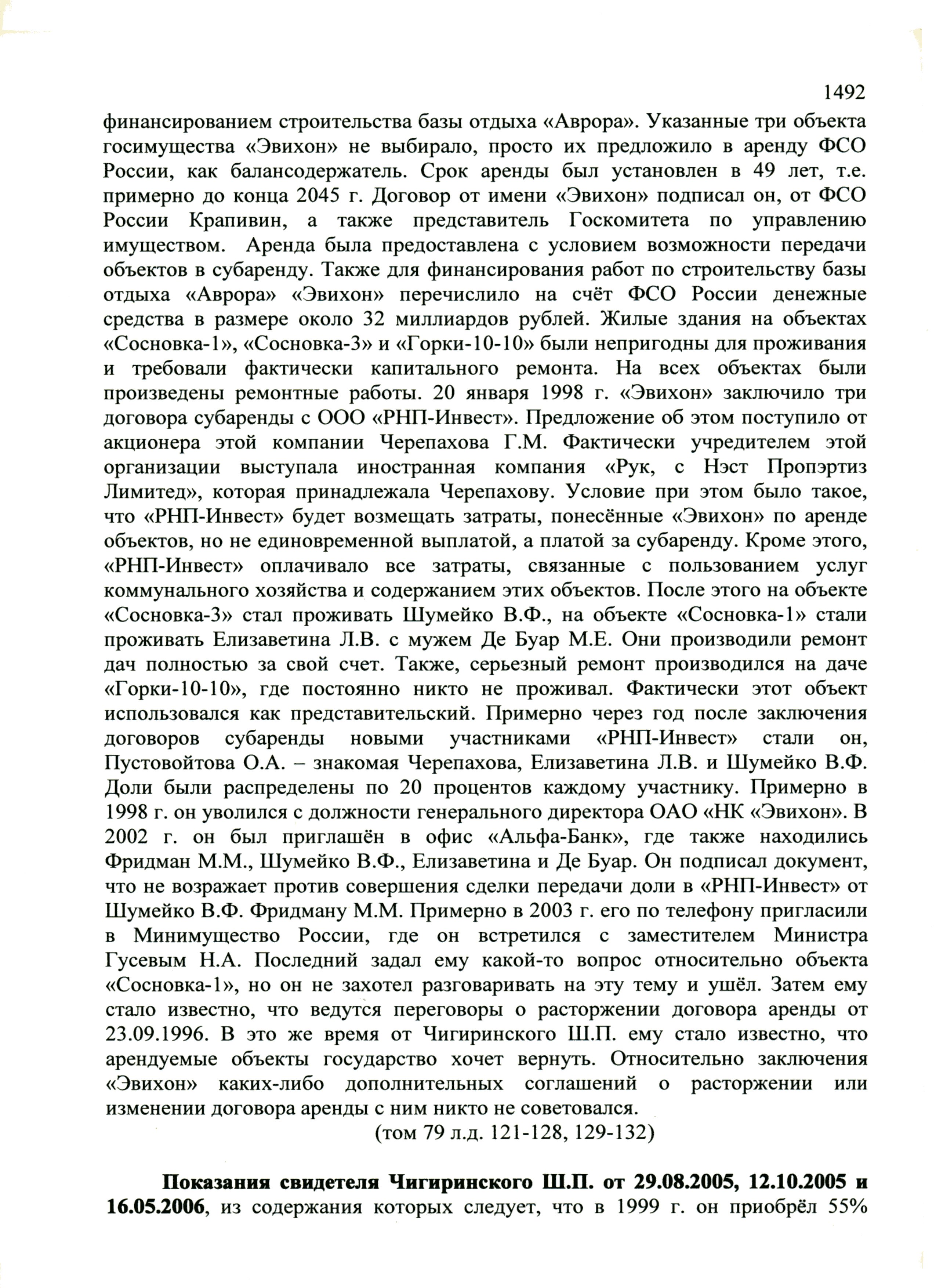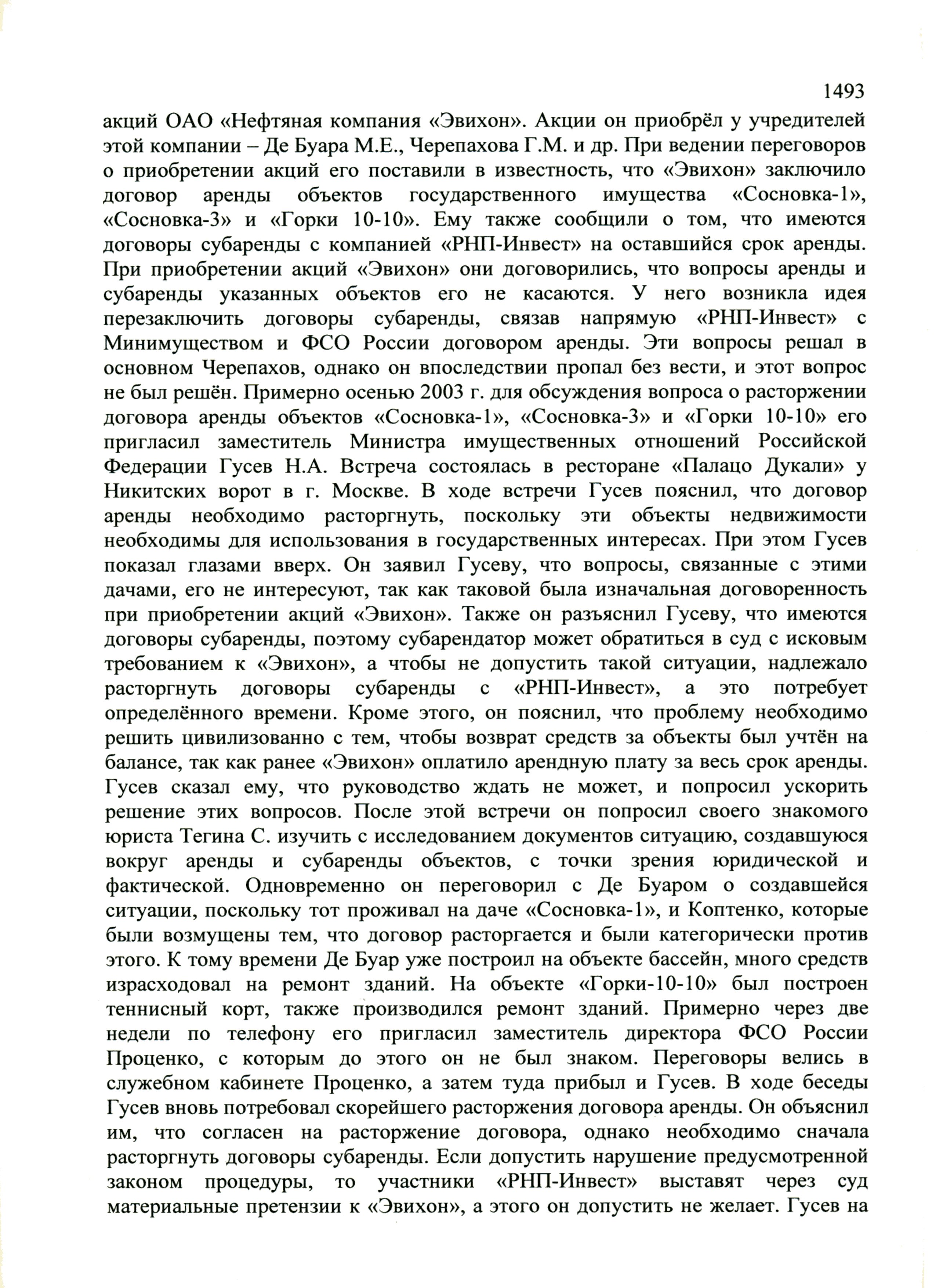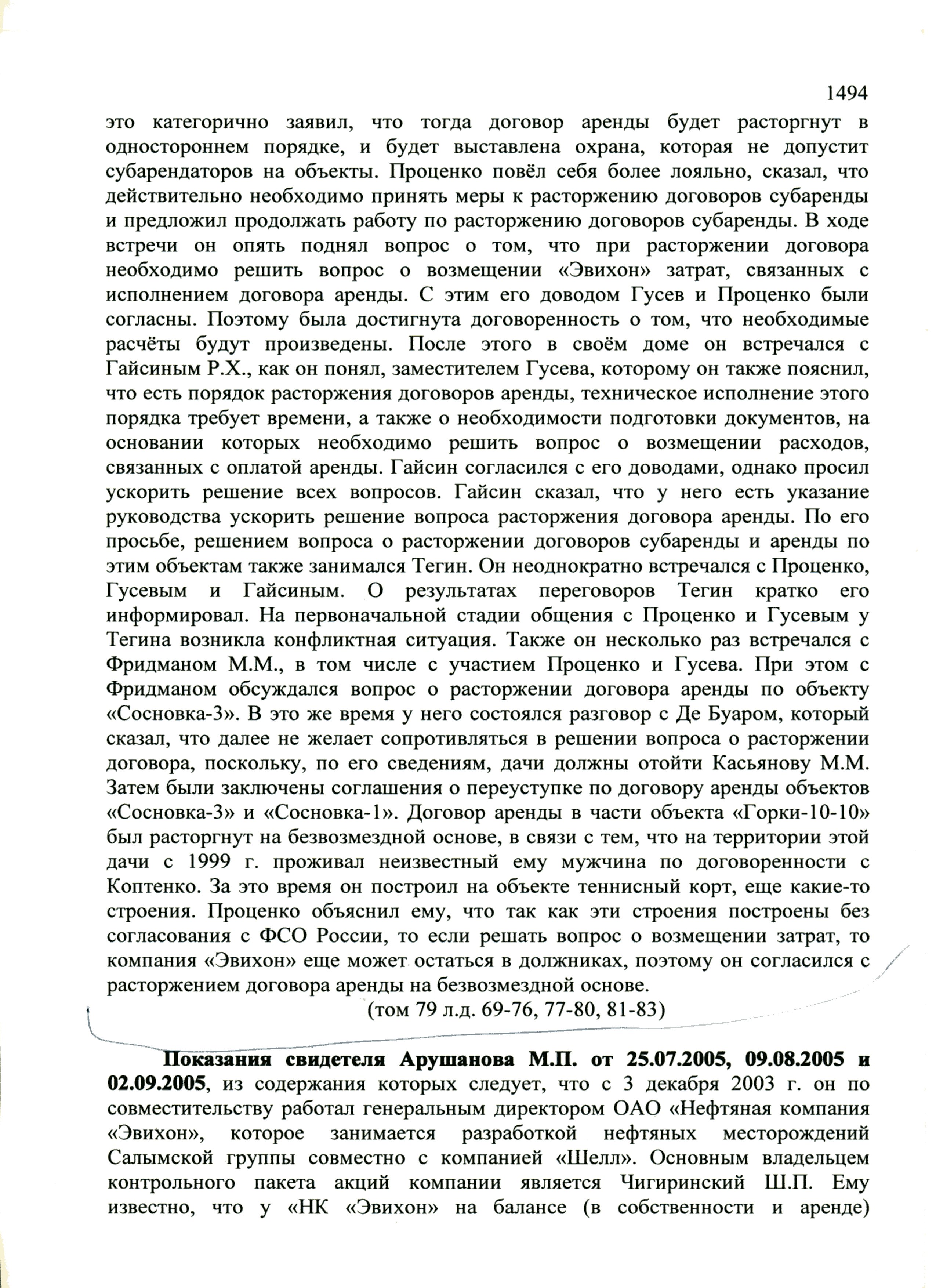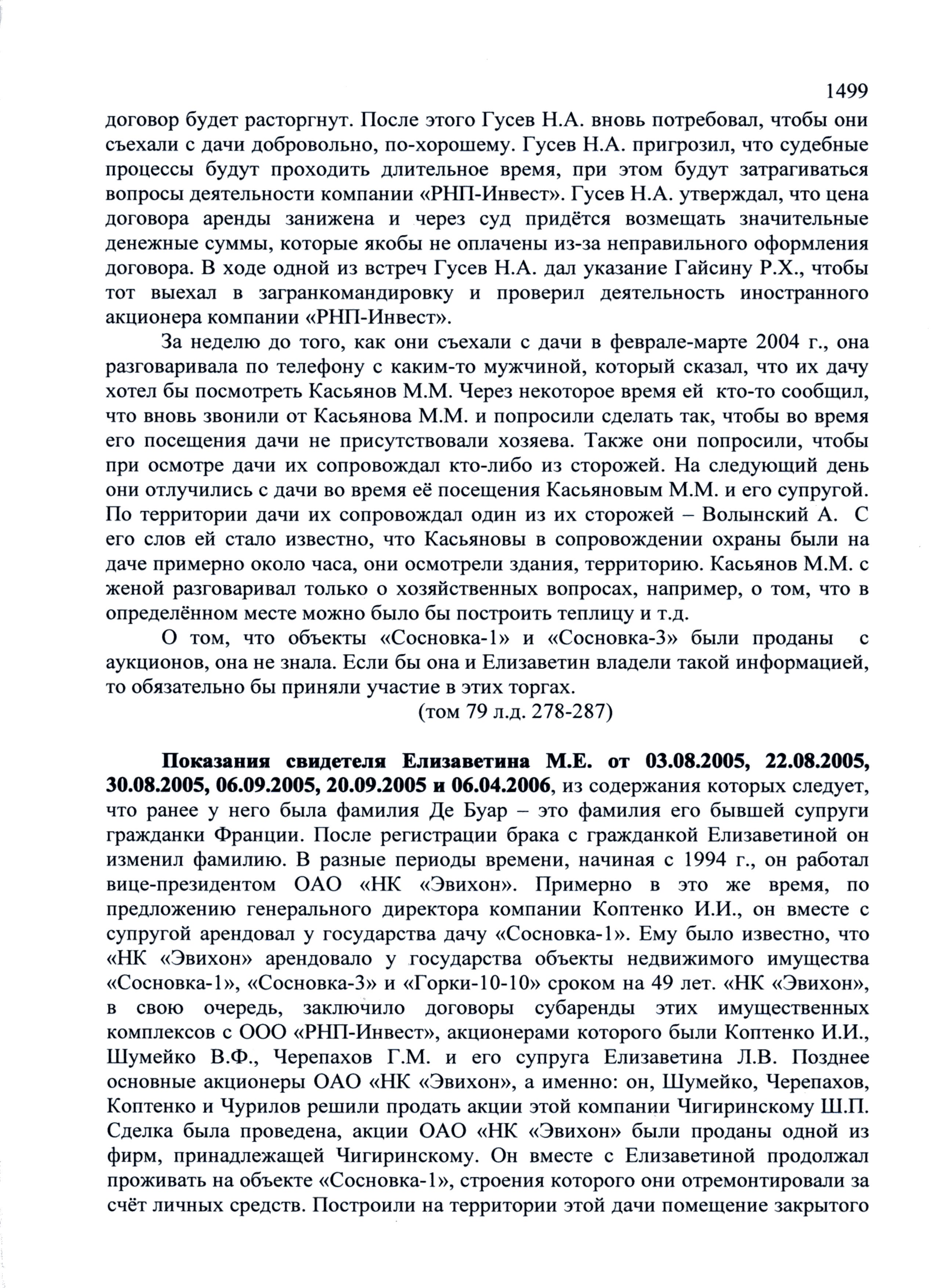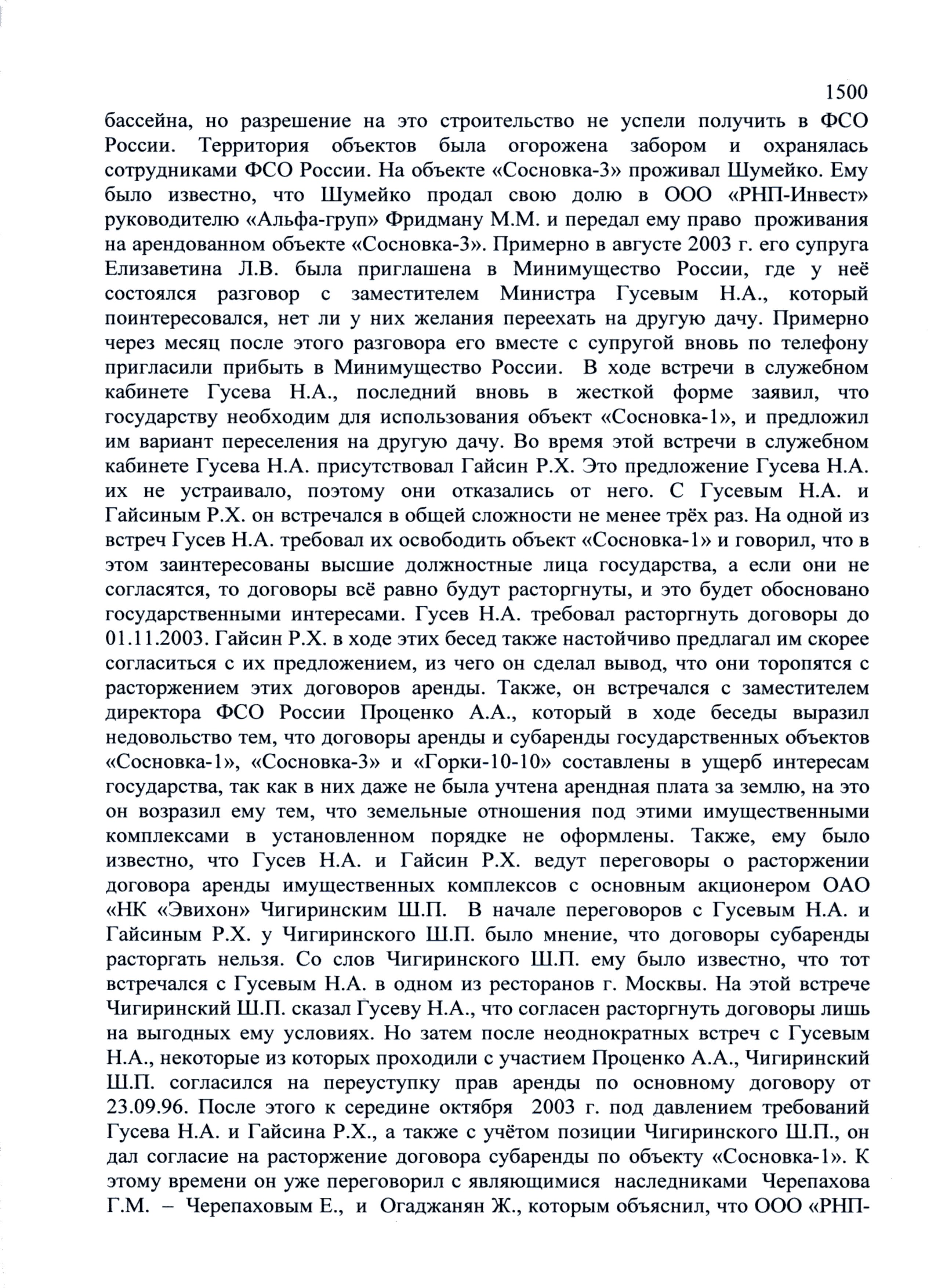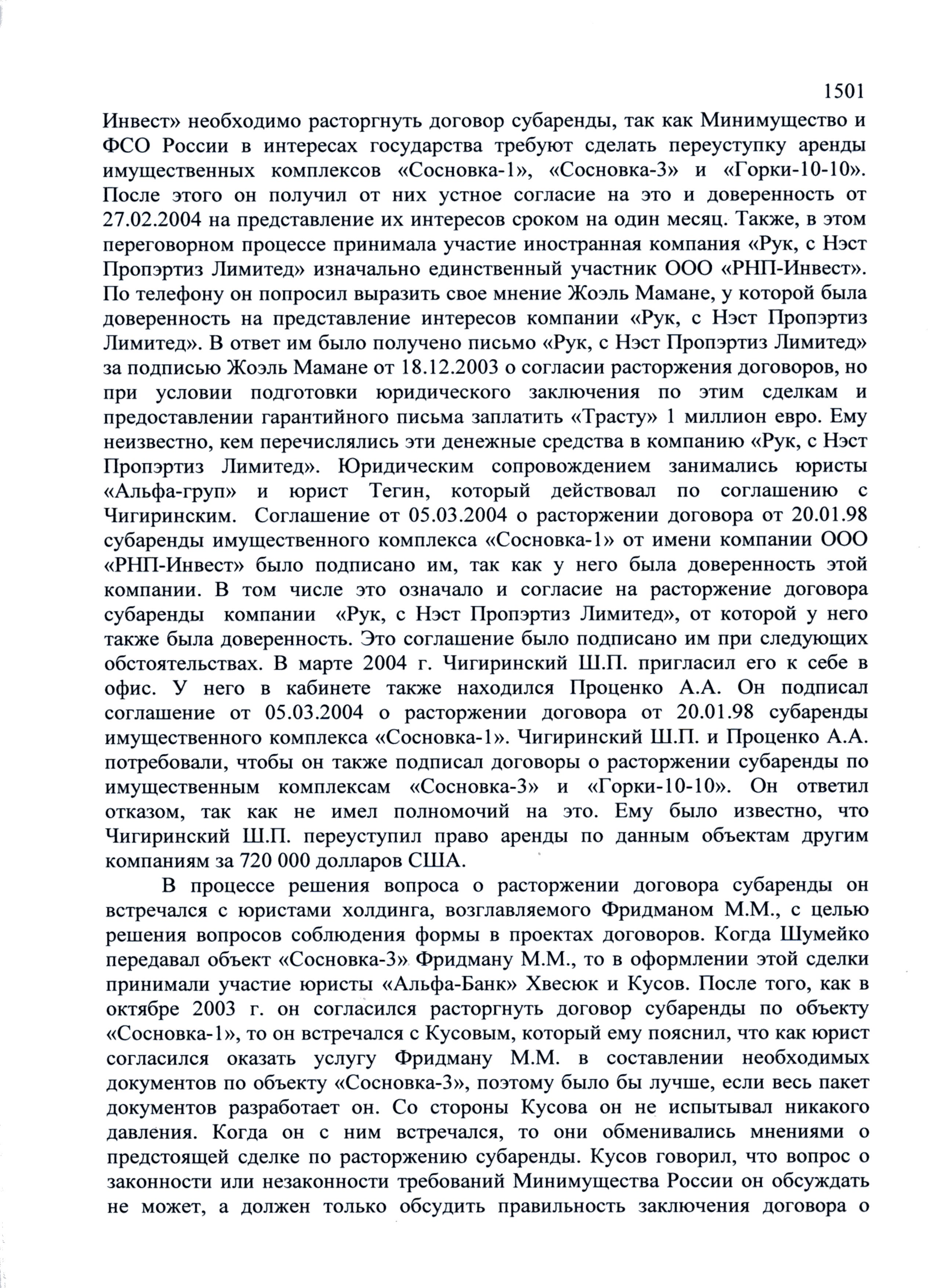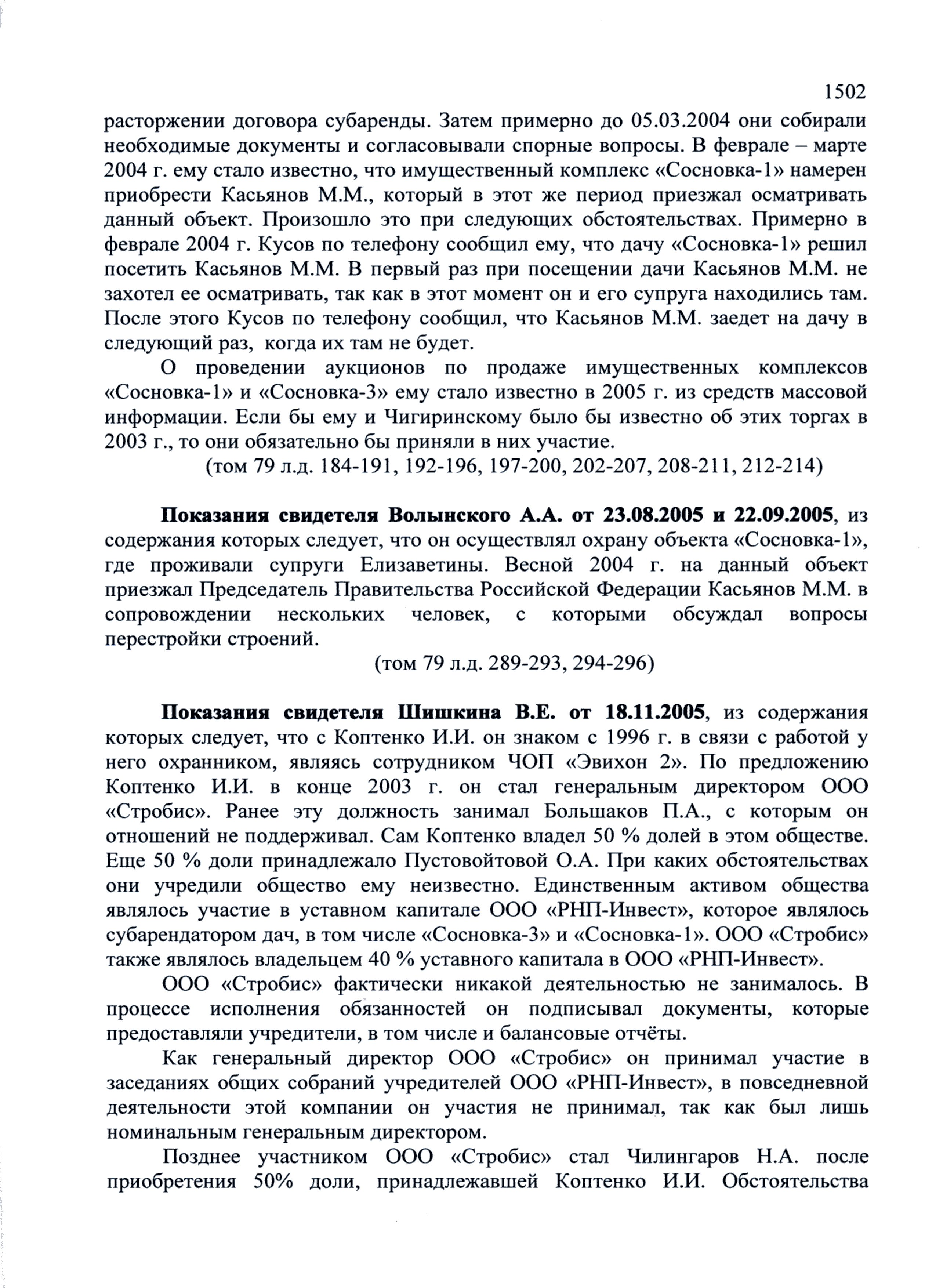Attached dossier
Without doubt, the 10 December rally in Moscow’s Bolotnaya Square was the most significant event in Russian political life in the recent months. Thousands of Muscovites crowded the square, protesting against alleged vote rigging during the State Duma elections.
Mikhail Kasyanov, former prime minister and now an opposition leader, was among the organizers of the event. Now he is considered the Putin’s irreconcilable opponent.
During annual phone-in with the Russian people, Vladimir Putin mentioned that there had been reports claiming Kasyanov’s involvement in corruption, although, he said, there was no direct evidence. In fact, there is direct evidence of Kasyanov’s $250 million fraud, but most probably the matter would never come to court, bearing in mind that the former prime minister was part of a scheme to transfer power from Boris Yeltsin to Vladimir Putin. Rumafia.com discloses materials proving that Kasyanov and his friends from Alfa Group acquired $ 250 million worth state dachas for almost nothing. Rumafia.com obtained documents, containing statements of individuals involved in Kasyanov’s fraud.
Mikhail Kasyanov gained the reputation of Misha Two Percent when he was a prime minister of Russia from May 2000 to February 2004. The nickname derived from a kickback he demanded for any allocation of public resources to the regions, banks or companies. During the question and answer session Vladimir Putin said some words about those times. When asked about Mikhail Kasyanov, the current prime minister gladly recalled the following: when he was a president, economic development minister German Gref and “another minister, whom I have mentioned earlier today” [i.e. former Finance Minister Alexei Kudrin] came to him asking for the dismissal of Kasyanov “because he was Two Percent”. “But there was no evidence against him,” Putin added. Sources familiar with the situation said Rumafia.com that the reason for the presidential loyalty to Kasyanov was somewhat different. When Boris Yeltsin handed power over to Vladimir Putin, he outlined a list of untouchable people. Mikhail Kasyanov was on that list. So he remained the RF prime minister all throughout the first term of Putin's presidency. Only in 2004, on the eve of new presidential elections, when the agreement with Yeltsin lost some of its strength, Kasyanov was dismissed. While there was no taboo on his dismissal, incarcerating Misha Two Percent would mean challenging Yeltsin’s authority.
In 2005 Kasyanov did not face any charges, although two criminal cases were initiated over the reported abuses during the privatization of two state-owned dachas. Mikhail Kasyanov bought one of the dachas for 11 million rubles, although its market price was over $ 150 million. Witness statements show clearly that the then prime minister was the mastermind behind the fraud. However, the charges were put forward only against lower-ranking officials. It is noteworthy that the case is still under investigation by the Military Investigation Department of the RF Investigative Committee. Thus, Kasyanov may yet be accused.
Koptenko, former CEO of Evikhon Oil Company, testified that in late 1994 - early 1995 Boris Yeltsin personally approached him, asking for help. The president asked to finance construction of a health resort for the Federal Protective Service, or the FSO. Yeltsin chose to address Evikhon because the company owners were among former Yeltsin’s allies, including Vladimir Shumeyko, former deputy prime minister, and Michael de Bouar, former adviser to Yeltsin, etc.
Today oligarchs willingly abide by the president’s or the prime minister’s orders to give money for any project. In 1990 it was a common practice to get some sort of a reward in return. Koptenko was no exception. The FSO decided to give him a 50-year lease for three sites that were on the balance of the agency, namely Sosnovka-1 (former dacha of Politburo member Mikhail Suslov), Sosnovka-3 (former dacha of Soviet leader Konstantin Chernenko), and Gorki-10-10. Sosnovkas are huge estates located in a protected area in Trinity Lykovo village on the outskirts of the capital.
Evikhon signed a sublease agreement with RNP Invest LLC established by Shumeyko, de Bouar, and Strobis Company owned by Koptenko. It is worth mentioning that Nikholai Chilingarov, son of prominent polar explorer and United Russia member Artur Chilingarov, bought Strobis from Koptenko by Nikholai Chilingarov.
In reality, Yeltsin’s friends got hold of the dachas and kept them. De Bouar and his wife chose Sosnovka-1. Shumeyko with his family settled in Sosnovka-3. The dacha in-between belonged to Alexander Solzhenitsyn. Almost ten years the retired officials lived peacefully in state-protected area, until in 2002 De Bouar’s friend, head of the oligarchic Alfa-Bank Mikhail Fridman and his wife Ayziman visited the dacha. Lubov Elizavetina (the wife of Michael de Bouar) testified that the neighbors and the land had impressed them. They expressed their desire to settle in Sosnovka. At the time Shumeyko just sold his residence, or rather the right on the long-term lease, which Fridman bought for about $ 3 million.
However, the head of Alfa Bank is not used to limit his wishes. He decided to become the owner of the government dacha, not the tenant. To fix the problem he approached Mikhail Kasyanov, a friend of his at that moment. To make the transaction simple, Kasyanov was to organize privatization of the dachas that would be bought by Fridman at a knockdown price. Fridman would give one of the privatized government dachas to Kasyanov.
In January 2003 Kasyanov signed a decree on the transfer of Sosnovka land from the FSO to the jurisdiction of the Ministry of State Property and namely to a state firm VPK-Invest. This provided room for future privatization. Deputy state property minister Nikolai Gusev was charged with settling all questions on the sale of property. He was in a difficult situation because dachas were in long-term lease by Evikhon which at the time belonged to businessman Shalva Chigirinsky. In turn, Evikhon subleased the land to RNP Invest. Gusev put a lot of thought into how to approach the government dachas issue. Kasyanov was annoyed with Gusev taking so much time to solve the problem. According to the statement of the former deputy minister of state property, during a meeting the prime minister threatened him with dismissal if he did not hurry up with the privatization issue. Gusev was told that the dachas were for Kasyanov.
To speed up the process, Protsenko, FSO deputy director, was assigned to help Gusev. The two officials summoned Chigirinsky, De Bouar, and other interested parties. Applying psychological pressure they forced the long-term lease holders to abandon the agreement. This was accompanied by constant calls to Gusev from Merzlikin, head of the secretariat of the prime minister. He wanted to know about the situation on Sosnovka issue and pushed Gusev to accelerate the process.
Everything hinged on the consent of Chigirinsky and De Bouar who did not want to cede their tenants’ rights without compensation of some sort. Alfa Bank offered them compensation of $700,000 and € 1 million, and in October 2003 the problem with Chigirinsky and De Bouar was fixed. But all of a sudden it turned up that the FSO did everything it could to stop the process of privatization. Soon, the FSO top officers were overwhelmed by constant phone calls from Merzlikin, who forced them to implement the decision of the government to transfer the dachas from the FSO jurisdiction. Everything was done in a hurry, because by that time Kasyanov had already realized that his days in prime minister office were counted. Finally, the FSO gave in, and the privatization process was launched.
The witnesses say that Alfa Bank has the property assessed by a front company. In December 2003 - January 2004, after the bank received the assessment, the dachas were auctioned. All the bidders were affiliated with Alfa bank, Mikhail Fridman himself cracked under questioning.
Velteks LLC bought Sosnovka-3 for 10.1 million roubles. Ameliya LLC bought Sosnovka-1 for 11.1 million roubles. The investigation found out that Russian government lost 186,4 million roubles in Sosnovka-3 auction and 190,6 million roubles in Sosnovka-1 auction, due to false property assessment and fraud. In fact the market price for both dachas would have been about $250 million. Both Sosnovkas are large estates: 11.5-hectare Sosnovka-1 includes 26 buildings, whereas 5.6-hectare Sosnovka-1 includes 23 building. Both dachas are situated on the bank of the river Moscow.
Kasyanov cannot wait to relocate to the state dacha, where Brezhnev’s famous minister Suslov once dwelled. In February 2004, De Bouar who was still occupying the dacha received a phone call from a Kuskov, an official of Alfa Bank. Kuskov said that Kasyanov would like to see Sosnovka-1 himself and that De Bouar’s presence during the visit was not desirable. When De Bouar refused, Kasyanov saw round the estate not entering it.
Soon Kasyanov was sacked. In March 2004 the De Bouars left Sosnovka-1. Soon Kasyanov moved to the dacha, according to the evidence, given by a FSO officer. On entering the dacha he said he would rebuild the main house in the estate. Kasyanov became full owner of Sosnovka-1 only in July-September 2004, when Ameliya transferred the rights over Sosnovka-1 to a firm called Art-Group. Art-Group, established by Mr Kasyanov and his wife, stroke a number of agreements with Ameliya, including a credit contract. These agreements included rights over Sosnovka-1. It is clear Kasyanov paid nothing for the dacha.
In 2005 the Prosecutor General’s Office opened an investigation into state dachas fraud. Gusev and a number of low-profile officials were charged of machinations. 6 years has passed, but the Prosecutor General’s Office carries on investigating the case. Kasyanov can be indicted at any time. The bright opposition leader may face charges under Article 286.2 of the RF Crime Code, i.e. power abuse. This article says that such offence is gross and that the limitation period on the offence is 10 years. It expires in 2014.
Rumafia.com obtained the witness statements made as part of investigation into Sosnovkas fraud. More than anything else they illustrate how top figures in the government managed their affairs in the 1990s - early 2000s.
Statements of witnesses in Sosnovkas case
(Fridman, Chigirinsky, Shumeiko etc)
